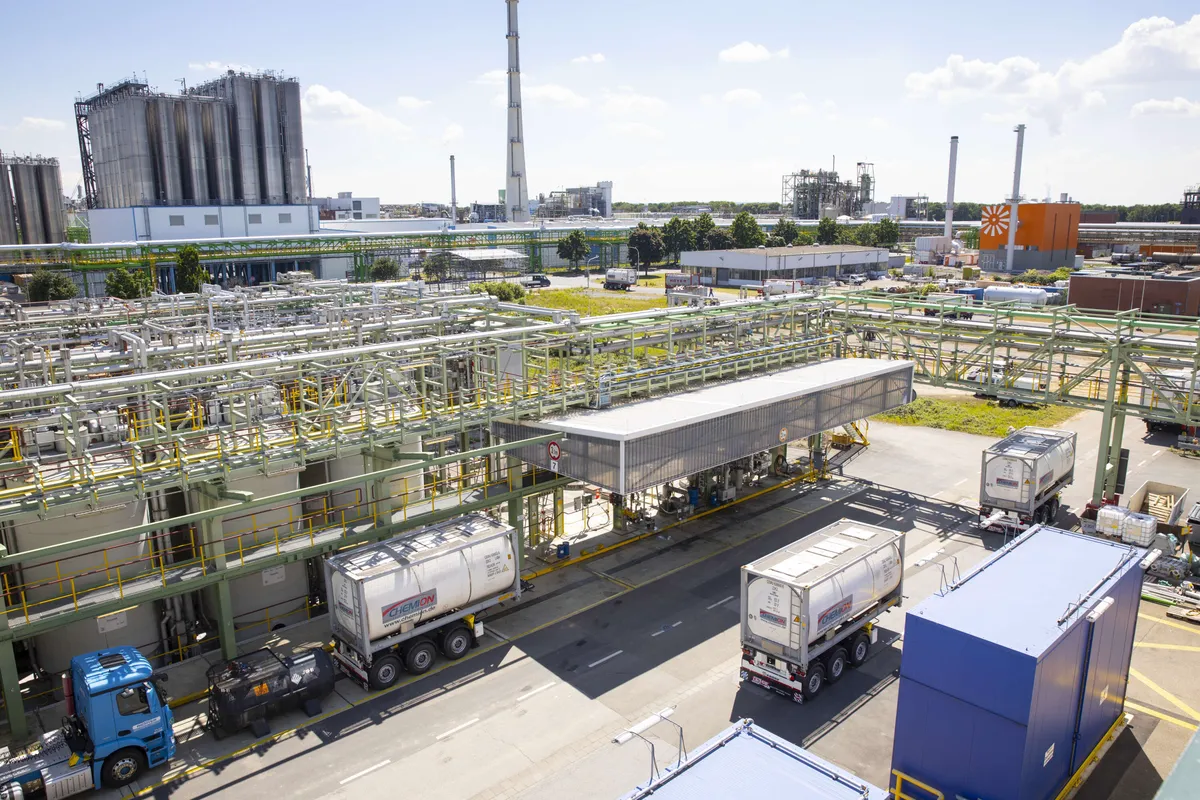Energy and large industrial projects sometimes arouse great opposition locally. In Germany, there is one exceptionally long process.
Pharmaceutical and chemical company Bayer built a 64-kilometer-long pipeline in Germany to transfer carbon monoxide to its polymer plant in 2009, but the pipeline has still not been put into use.
The pipeline runs between factories located in two small towns, Dormagen and Krefeld, near Düsseldorf. Five small villages fall on the route.
The leak is scary
The pipeline has not been put into operation due to strong local opposition. They fear that toxic CO, i.e. carbon monoxide, could leak into the air as a result of the accident.
The pipe is built to pass next to many opponents’ plots. The dispute has been dealt with in court for years already since the planning phase.
Over the years, the owner of the pipe has changed from Bayer to another chemical giant Covestroon. The traditional German company was recently taken over by an Abu Dhabi company.
Covestro is convinced of the safety of the CO pipe. It is built to a depth of 1.40 meters, even if the requirements only required one meter. The pipe is made of extra thick steel.
In case of earthquakes and other shocks, the pipe is coated with a special geo-material. If, for example, an excavator hits a pipe, the material should stop the excavator.
According to the company, the transfer of gaseous and liquid substances is the safest and most ecological through pipelines.
In the latest stages, opponents have suspected that CO technology is already outdated, but according to Covestro, it is most needed in polymer production.
Its polymers are used to make plastic parts for cars and sports equipment, among other things.
Locals have even suspected that the company is already transferring CO in the pipeline without them knowing about it, but the company has assured that they are not transferring CO yet. As you know, the company is preparing to start operations.
